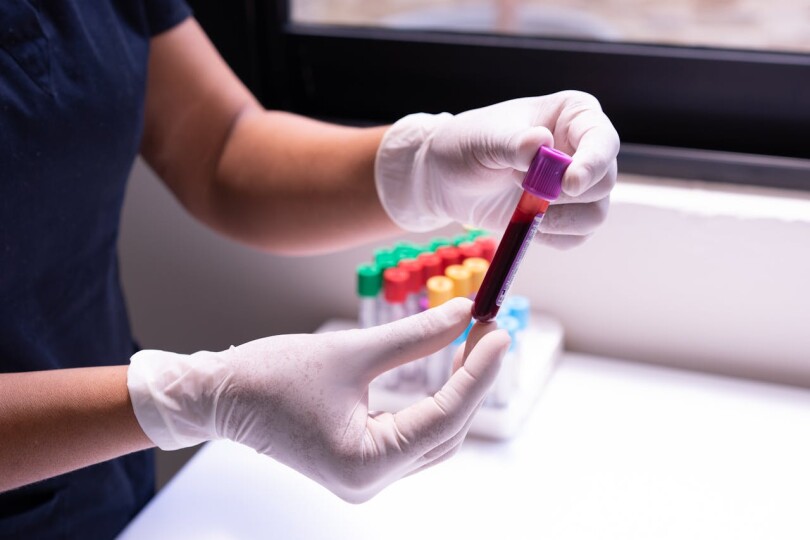Why Is ADNOC Building a Private 5G Network?
02 Sep 24
Lab ChatThe Global News Source for the World of Science and Chemicals
26 August 2024
Lab Chat
The UAE has long been regarded as a hub of medical and healthcare expertise. Now, with the development of its Emirati Genome Programme, it is positioning itself as both a pioneer and powerhouse of the genomics sector, which will reap benefits for its population on an individual and a national level, as well as informing insights into disease prevention and treatment all over the world.
The Programme is a UAE-wide initiative to gather genetic information from every one of the country’s 10 million inhabitants; so far, some 500,000 people have signed up. By compiling all of this data into a huge database, healthcare professionals can identify patients likely to develop certain conditions long before symptoms present themselves, as well as investigating new possible avenues of treatment and contributing to a more diverse genomic understanding on a global scale.
As part of the Programme, the UAE authorities are inviting all citizens to voluntarily submit a single blood sample at a collection site located near to them. The team will then carry out advanced sequencing technology, bolstered by artificial intelligence, to generate a comprehensive genomic profile for the person in question, as well as assimilating that information into a wider database for the Emirati populace.
The initiative should hold positive outcomes for both the sample donor and wider society. On one hand, the creation of a dedicated genomic profile can help doctors and other healthcare practitioners to identify those susceptible to certain chronic diseases based on their genetic makeup. This allows them to put in place pre-emptive measures and, if necessary, tailor a treatment programme that is specific to their needs.
On the other hand, the database will give a broad overview of the health of the Emirati populace and facilitate the identification of which diseases UAE subjects are more likely to develop. This helps them to divert resources accordingly, as well as launch public health information campaigns geared towards raising awareness over the newly discovered risks.
As well as predicting and diagnosing disease contraction within the Emirati populace, genetic databases are a powerful research tool for honing effective treatment plans. By correlating specific genes to disease risk and response, scientists can better develop drugs and treatments that are more likely to succeed in those of an Emirati ethnicity.
Indeed, the collection of the samples from Middle Eastern individuals is a huge step forward in itself. That’s because existing genomic data is comprised of 88% European participants, with the majority of samples being taken in just three countries (Iceland, the UK and the USA). Therefore, contributing Emirati genetic information to the global database will give greater diversity in the dataset, which is key for unearthing more effective conclusions.
For example, a recent Ugandan study discovered 10 new correlations between genes and diseases, nine of which can only be found on the African continent. However, the potential benefits are not limited to that population alone; the pinpointing of a genetic variant in Africans that exacerbated “bad” cholesterol levels was a crucial factor in creating a new drug capable of lowering cholesterol levels in patients of all ethnicities and backgrounds.
DOWNLOAD PDF

2 Day Seminar Program
@ ArabLab+ 2024
24 & 25 September 2024
30 Aug 24
Chem ChatYour stay in Dubai
Labkit
Product News
Chemkit
Product News
Thinking about exhibiting at ARABLAB 2024? Watch our video to find out more.
Join the world’s leading organisations…
Join our mailing list and receive the ARABLAB newsletter and event updates.